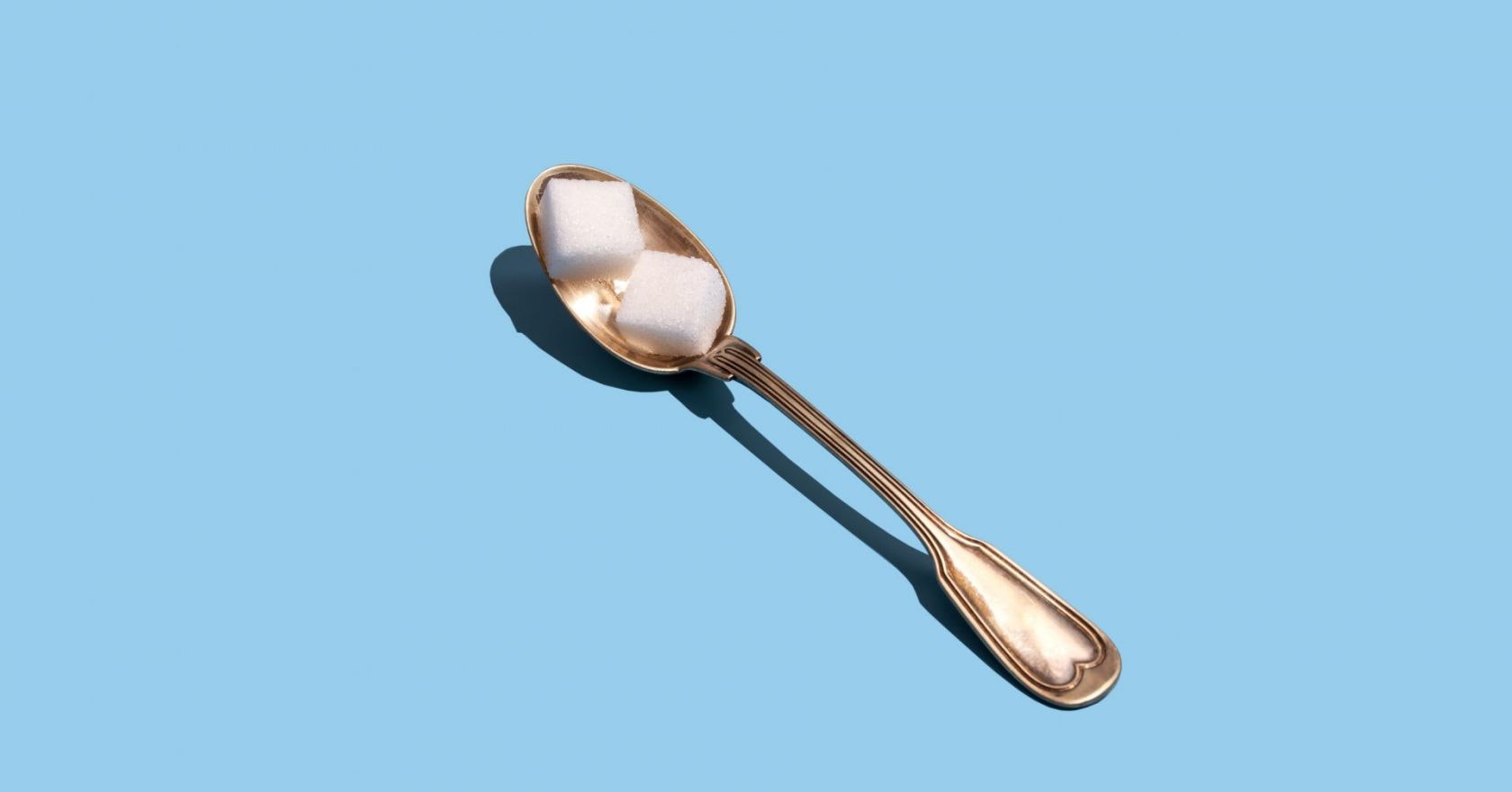Glucose, or our blood sugar, isn’t just an issue for diabetics. Here’s how it affects almost every part of our bodies, including how we move and work out.
When was the last time you thought about your glucose levels? Chances are you’ve never paid much attention to them at all. But, along with key things like staying active and getting enough sleep, the amount of glucose in our blood is hugely important for our health and wellbeing.
In fact, glucose affects almost every part of our bodies, including how we move and work out.
If you’ve ever had a mid-afternoon crash or an energy slump during the day, it’s very likely that it could be down to the glucose levels in your blood fluctuating as they spike rapidly after eating certain foods and then fall.
You may also like
Why carbohydrates are so important body and brain function, as keto is named worst diet of the year
A 2018 study from Stanford University found large glucose spikes can occur more often in healthy people than we might think.
Dr Michael Snyder, chair of genetics at Stanford University and senior author of the study, found these spikes of high blood sugar levels are a problem, especially when they happen over a prolonged period of time as they can contribute to a heightened risk of cardiovascular disease.
These spikes are what Jessie Inchauspé (aka the Glucose Goddess), a biochemist and author of Glucose Revolution, calls the “glucose rollercoaster”.
“If you have a glucose spike – a sugary breakfast, for example – and your glucose rises really quickly it will then crash,” says Inchauspé tells Stylist. “During that crash, you’ll get hungry and crave something high in sugar. So what inevitably happens is that you then eat something else very starchy or very sweet, and then you have another glucose spike and crash. Most of us are on this rollercoaster.”
“Glucose is very important to our body; every single cell in your body uses glucose for energy. Your eye cells use glucose to see, your finger cells to type and your heart cells to pump. We need glucose to be able to live,” says Inchauspé.
“But the issue is that more glucose is not better and that’s kind of the crux of the matter here. While we’re discovering that glucose is really important and useful, we also need to learn how to avoid these spikes so that we can keep our body in optimal health.”
What is glucose?
Glucose, or blood sugar, is the main sugar found in your blood and the body’s preferred source of energy. Whenever we eat something starchy or sweet, it then gets broken down in our digestive system and converted into glucose. This is then released into the bloodstream and our cells use it for energy.
If there’s more glucose circulating in our blood than we need, our body converts it to glycogen.
What is glycogen?
Our pancreas releases the hormone insulin and its job is to take excess glucose and store it away. This stored glucose is called glycogen. It can be stored in different areas of the body including the liver, muscles and fat cells.
These are stored as long chains of glucose and when it’s needed again for energy, it gets broken back down into those individual glucose molecules and sent back into the bloodstream again so your body can use it for energy.
It’s a carefully balanced system that works at its best when our blood glucose levels are relatively stable.

Why are glucose levels important?
A long line of studies have shown that glucose spikes can effect everything from our mood and our sleep to our skin and the health of our immune system.
In the short term, glucose spikes might cause food cravings, fatigue and brain fog, but in the long term they can impact a whole host of systems in your body.
“When I started analysing decades of research and running thousands of original experiments on myself, I found glucose spikes have different effects on different people. For somebody, it might be nausea, anxiety, fatigue, acne or even wrinkles.”
“If you are not breathing properly, it’s going to affect a lot of systems in your body and glucose is similarly pervasive,” adds Inchauspé. “Everywhere in your body, every single one of your cells feels glucose spikes. They affect the whole picture of our health – both our mental and physical health.”
How do our glucose and glycogen levels affect the way we exercise?
When we exercise our muscles and make them contract, they need energy. The main place they will look for energy first is from glucose in your bloodstream.
During high-intensity exercise, glycogen is the body’s main source of energy as it breaks down into glycogen and is released back into the bloodstream.
“If you’re working out intensely, such as doing strength training, HIIT, cardio or any long-distance running where your heart is racing and you’re breathing fast, your body will depend on its glycogen stores for energy,” Dr Folusha Oluwajana, a GP and personal trainer tells Stylist.“So if your glycogen stores are depleted, then you will also be depleted.”
“If your an endurance runner or doing anything more high intensity, you might want to think about making sure you’ve had carbohydrates before exercise to make sure those stores are maintained,” she adds.
You may also like
Sleep and metabolism: going to bed earlier can improve blood glucose control
In fact, a 2021 study by the Australian Institute of Sport found that exercise was less effective in people who ate a low-carb diet. Participants needed a higher oxygen uptake for the same amount of work and all saw a reduction in their race performance.
Exercise also has an impact on our insulin production.
“When you are exercising, your muscles can uptake glucose without needing insulin,” says Inchauspé. “It’s one of the only cases of this and it’s very important because over time if there’s too much insulin in our bodies it can lead to insulin resistance and type 2 diabetes.”
This is why regular exercise has been shown to improve blood sugar control and improve your risk of getting diabetes.
Images: Getty
Source: Read Full Article
